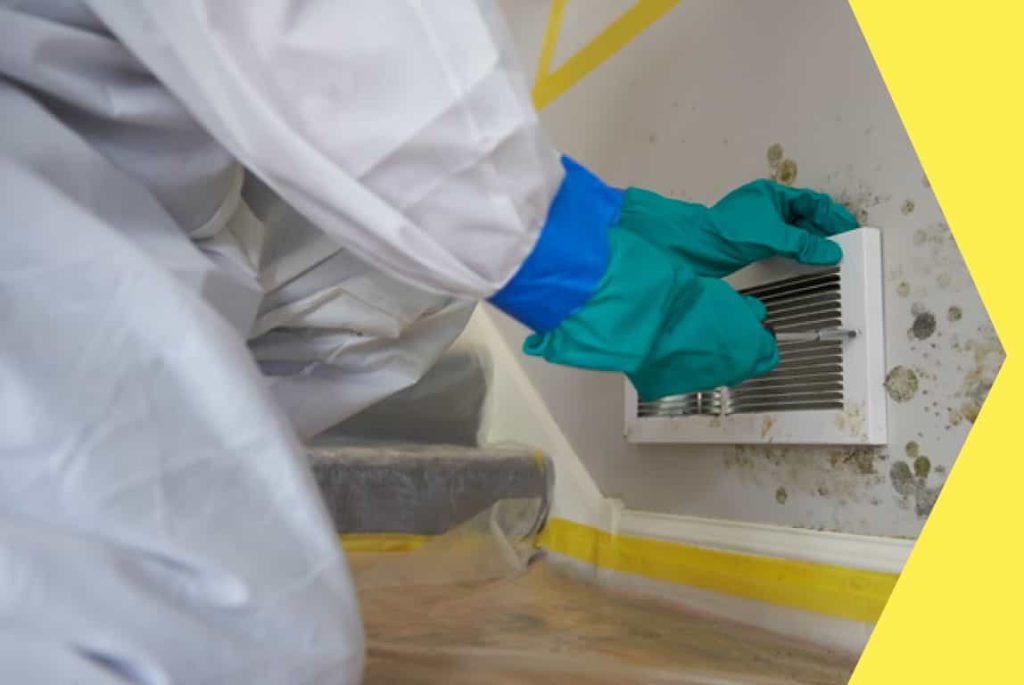Professional Mold Testing and Inspection for Commercial Properties
Mold testing and inspection are critical aspects of maintaining a safe and healthy environment in commercial properties. Mold, a type of fungus, can grow unnoticed in various places within a building, including behind walls, under carpets, and in damp or humid areas. Left unchecked, mold can pose serious health risks to occupants and lead to significant damage to the structure of the building itself. Therefore, conducting regular mold testing and inspections is essential for identifying mold issues early and taking appropriate remedial actions. The process of mold testing typically begins with a thorough inspection conducted by trained professionals. These inspectors are equipped with specialized tools and knowledge to detect mold growth and moisture sources effectively. They examine both visible areas and hidden spaces where mold is likely to thrive. This comprehensive approach ensures that no potential mold issue is overlooked. During the inspection, various techniques may be employed to assess the extent of mold presence. This can include air sampling to detect airborne mold spores, surface sampling to identify mold growth on materials, and moisture mapping to pinpoint areas with elevated humidity levels conducive to mold growth.

These methods provide valuable data that helps in understanding the severity of the mold problem and formulating an appropriate remediation plan. Commercial properties, due to their size and complexity, present unique challenges when it comes to mold prevention and management. High-traffic areas, extensive HVAC systems, and diverse building materials all contribute to the potential for mold growth. As such, regular inspections tailored to the specific needs of commercial buildings are crucial. This proactive approach not only helps in maintaining a healthy indoor environment but also mitigates the risk of costly mold-related damages and legal liabilities. Upon completion of the inspection and testing phase, mold inspectors compile detailed reports outlining their findings and recommendations. These reports serve as a roadmap for property managers and owners to address existing mold issues and prevent future outbreaks. Recommendations may include improving ventilation, repairing leaks, enhancing drainage systems, or implementing mold-resistant building materials.
In situations where mold is detected, prompt remediation is essential. Mold remediation involves the safe and effective removal of mold-infested materials and the implementation of measures to prevent its recurrence. Professional mold remediation companies adhere to industry standards and guidelines to ensure thoroughness and Mold Remediation Near Me safety throughout the process. This may involve containment of affected areas, proper disposal of contaminated materials, and the use of specialized equipment such as HEPA filters to capture mold spores during cleanup. Moreover, compliance with regulatory requirements and health standards is paramount in commercial settings. Property owners and managers have a legal responsibility to maintain indoor air quality and ensure the safety of occupants. Regular mold testing and inspections demonstrate due diligence in fulfilling these obligations and can safeguard against potential litigation and reputational damage.